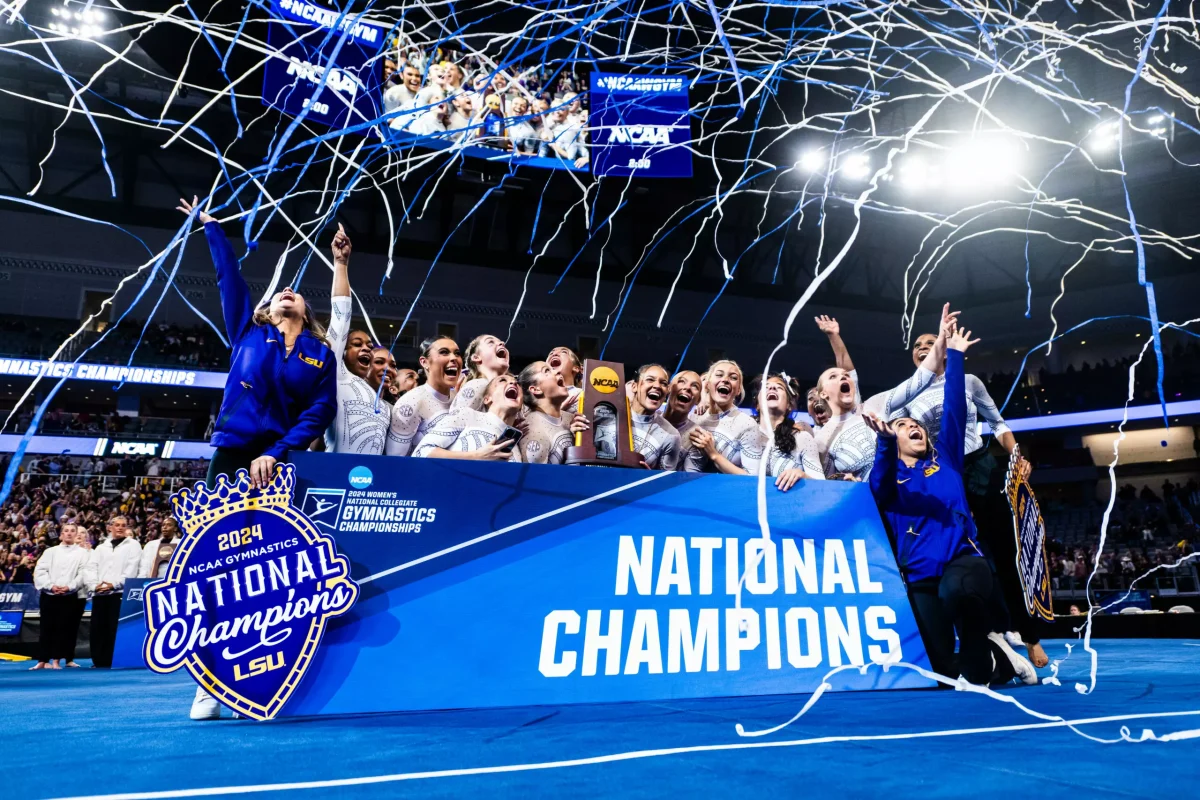Dual enrollment provides FHC students with numerous future opportunities
Study notes
Most students at FHC tend to stick within the offered curriculum—attending classes provided by the high school. Yet senior Kyle Thomas, who has exhausted FHC’s psychology courses, decided to push those boundaries and begin dual enrollment.
“I’m interested in taking a general psychology course,” Kyle said. “I’ve taken psychology here [at the high school], and I wanted to keep going and taking [psychology] at the college level. It allows me to keep learning and knock out college credits at the same time.”
Getting through college courses is something that pulls students towards looking into dual enrollment. It can be quite expensive for each individual class regardless of what school you plan to attend after high school, and taking college credits while in high school is one way to avoid paying these hefty prices.
“The school pays for your classes so that you can get college credits while you’re still in high school,” Kyle said. “So when you go off to college, you won’t have to pay as much money to get those credits out of the way.”
There are additional perks to participating in dual enrollment beyond just getting financial benefits. Dual enrollment can set you ahead of others in your class in certain subjects, contribute to your learning in specific fields you feel most passionate about, and even assist in attaining future career goals and internships.
However, not everything is positive when it comes to dual enrollment. Counselor Sarah Van’t Hoff knows the struggle it can place on students not only academically but socially—creating a difficult learning environment, devoting hours of time to these extra college classes.
“The hardest part about dual enrollment is the constraints that come with it,” Van’t Hoff said. “Number one: it has to fit into a student’s schedule, and most often, it fits outside of the school day. That can get tricky with transportation, extracurriculars, and other things. The way college courses work is they don’t typically function meeting every day. They typically meet maybe Monday, Wednesday, Friday, for larger chunks of time, and if it occurs during our school day, then it’s not an eligible course a student can take.”
Senior Kali Coppess, who’s currently enrolled in her second year of phlebotomy class at KCTC, although currently managing her class, is knowledgeable that soon she will be in a tricky, strenuous situation regarding her college course. The internship she has established through this class that she is planning on attending will be quite difficult to balance with her normal high school classes.
“I’m trying to get certified in phlebotomy so that I can draw people’s blood in hospitals,” Kali said. “The internship that I will have will be difficult because it’s outside of school and will be taking up a lot of my time. Although other than that, it should be relatively manageable.”
For students all throughout the halls of FHC, dual enrollment has allowed them the ability to pursue great passions and explore what possibilities their future has in store for them. It is no mystery that there are some courses ranging from astrology to physiology that the high school just doesn’t provide, so dual enrollment is a great option to advance these interests.
An easy way to learn about these courses is to contact Mrs. Van’t Hof in the counseling office to attend one of the bi-yearly showcases which teach interested students what exactly dual enrollment is about, how to sign up for it, and talk about what classes you plan to take.
“Typically, we do an informational meeting twice a year [on dual enrollment],” Van’t Hof said. “So we’ll do one this spring and then one again in the fall for the following upcoming semester. Students can learn about, number one, dual enrollment, and then two, what the logistics are. So if students want to learn more, they can attend one of the information sessions that we have.”

Madi Evans is a sophomore going into her first year writing on staff for The Central Trend and she is absolutely ecstatic. She enjoys spending time with...























































































